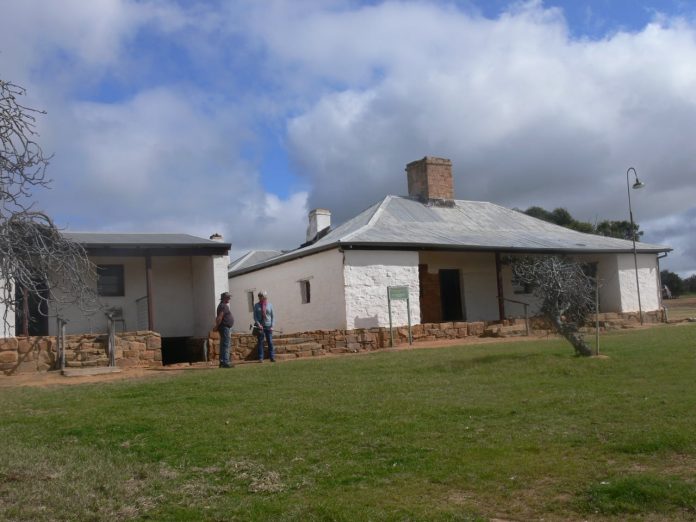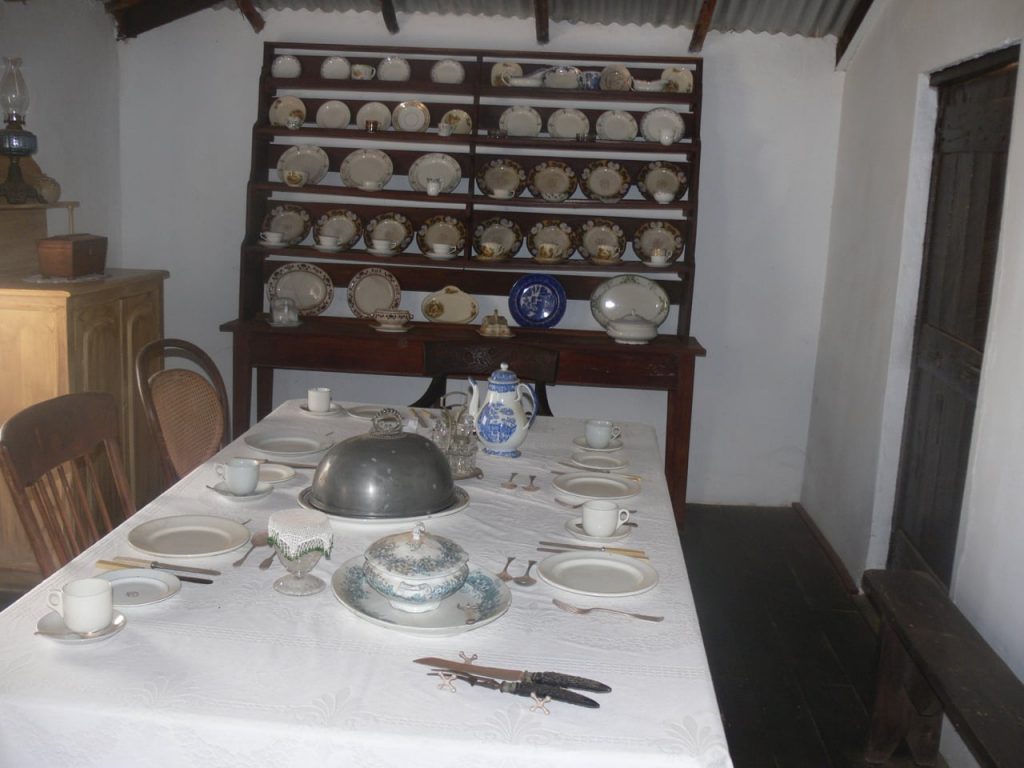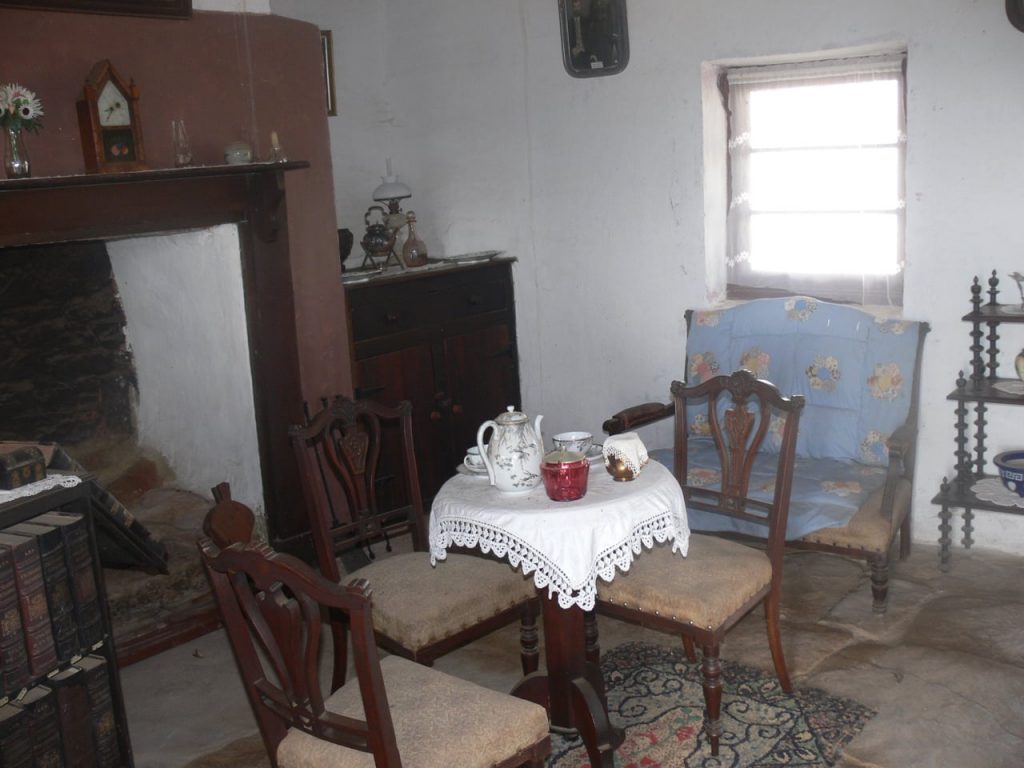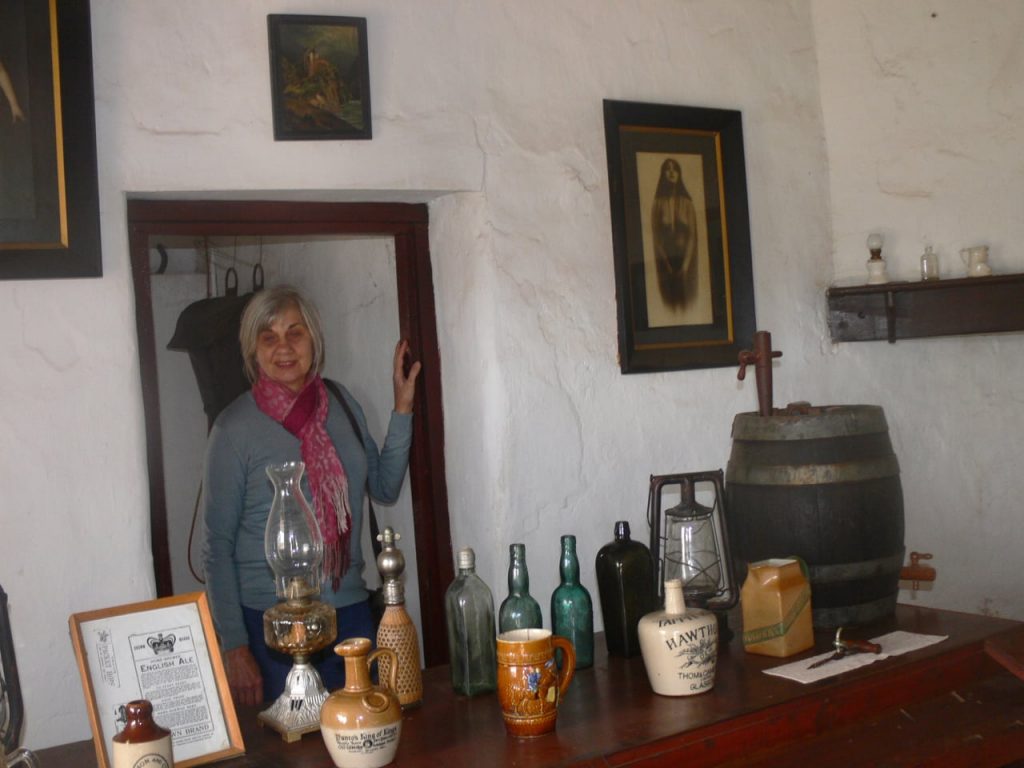Mangowine Homestead in Nungarin is the oldest house in the WA Wheatbelt. It is situated just 15km north of Nungarin on the Karomin Road.
The first homestead was constructed of stone and mud brick by Charles Adams and his wife Jane in 1876.
The Adams’ took up a 120,000ha grazing lease at Mangowine, and moved there from Yarragin with their two daughters, Elizabeth (then aged about four) and Annie (12 months).
Jane and Charles had another eight children born at Mangowine over the next 15 years.
Charles’ father, Thomas Adams, was appointed as a special constable in the far-eastern settlements in 1877. His main duty was to control Aborigines who were killing sheep and pilfering settler’s goods.
The next year Thomas took on the job of inspecting sheep flocks for scab in addition to his regular police patrols. He retired in 1881 and Charles then took over his father’s duties at an annual salary of £120.
Thomas Adams was a smith and stone cutter. His skills would have been invaluable during the construction of the homestead at Mangowine. The walls of the house were made of stone and mudbrick. The roof was thatched with reeds laid across pole rafters cut from gimlet (Eucalyptus salubris) and the floors were paved with broad smooth flagstones.
A soak was located below the base of the shelving rock. When this was deepened, water flowed at a depth of 50cm, but in summer the supply became unreliable and the Adams’ often had to cart water 16km.
Gold was discovered at nearby Moujakine in 1887 and the Yilgarn goldfields were opened in 1888. Would-be miners passed through Mangowine on their way to the goldfields, and life became hectic for Jane Adams. There were eight children at home. As well as her family duties, Jane baked dozens of loaves of bread each day and provided meals and lodging to the men passing through.
In order to cater with this passing trade, the Adams built a wayside inn, cellar and provision store alongside the homestead. They were granted a wayside inn licence in 1889.
Mangowine provided hospitality for prospectors and others on their way to and from the eastern goldfields. It also provided rest and refreshment for members of the local community on their journeys to other areas.
The railway to Kalgoorlie reached Merredin in 1893, diverting the gold-rush traffic. Charles found he had time on his hands and started to prospect for gold himself. In 1895 while on one of these trips, he died of a heart attack just south of Nungarin. Jane Adams carried on his work, in addition to her own, with the help of her older children.
Agriculture began to develop in the early 20th Century. Settlers were given 160 acres and could purchase a further 1000 acres conditionally to carrying out specified improvements. By 1910 the Mangowine leases, together with most of the surrounding lands, had been subdivided into farm lots.
Jane Adams supplied meat, vegetables, fruit, milk and eggs to the new settlers and hay for their livestock.
She died in 1934, aged 83 years, but members of the Adams family continued to live at Mangowine for several years.
In 1968, the property was given to the National Trust by Mrs Olive Warwick, granddaughter of Charles and Jane Adams.
Restoration of the property began in 1970, although a group of enthusiastic local ladies had been collecting information, items of furniture and other memorabilia for several years prior to that.
The two buildings were restored over four years, the cellar was rebuilt from a stone walled hole in the ground, and the caretaker’s cottage and toilet block were erected.
Each room has been restored to its original condition, and is filled with antiques and memorabilia from this era.
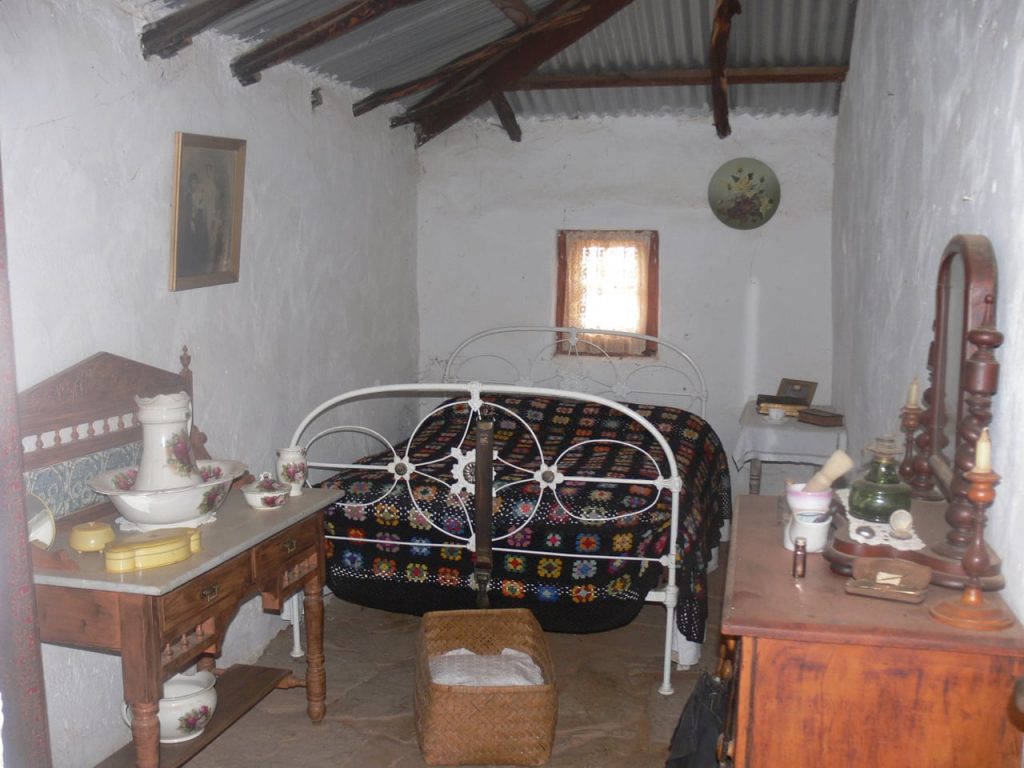
Bedroom 
Dining room 
Living room 
The bar
The National Trust property of Mangowine was opened to the public in 1973. It is open every weekday except Wednesday from 1pm to 4pm and at weekends and public holidays between 10am and 4pm.
Entry Fees are: Adult $4; Family $8; Concessions $2; Children or Groups $1 per head.































